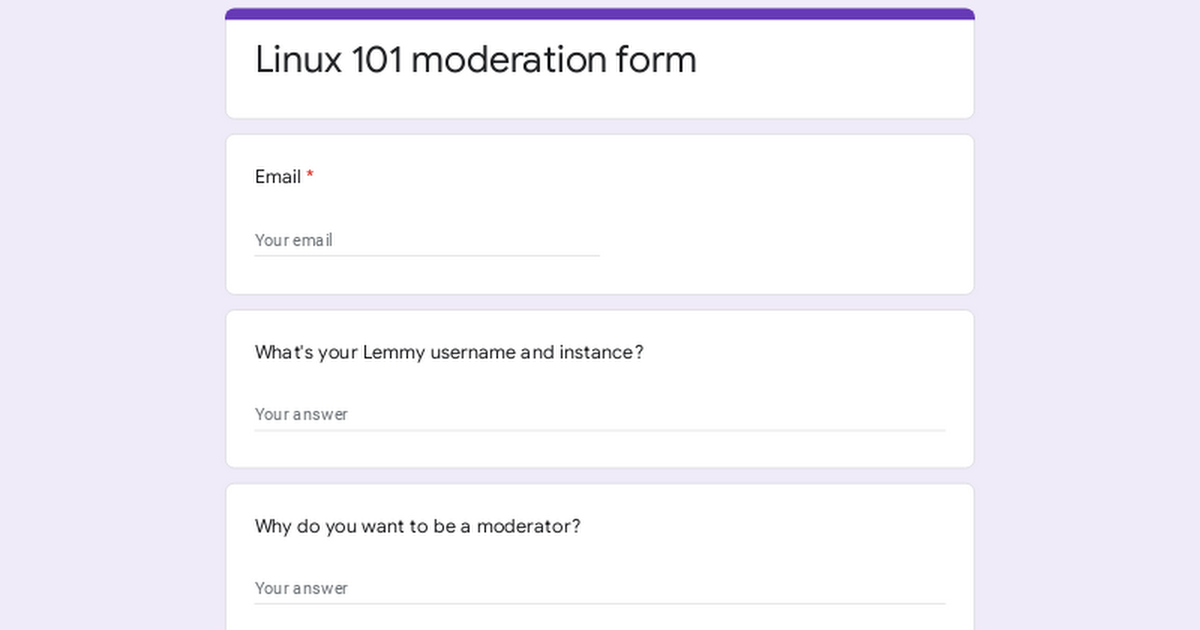
My previous reply was erroneus. There are reports of those processors working properly, so they probably are fully supported on linux. I suggest you keep at it.
The first response of this thread has some other things to try: https://askubuntu.com/questions/1329587/intel-core-i7-8550u-cpu-frequency-drops-on-high-loads-on-ubuntu-20-04










Debian 12 (bookworm):